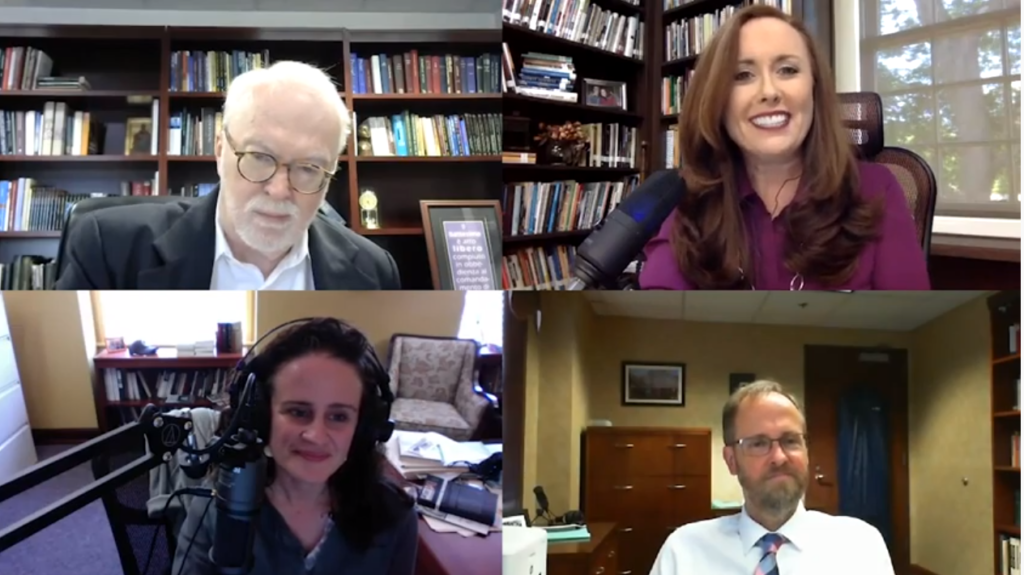Nearly half of pastors have considered leaving full-time ministry in the last year, citing stress, loneliness and political division as the main reasons behind those thoughts, according to a new Barna survey.
As of March 2022, 42% of Protestant pastors surveyed by Barna said they have considered finding a different career. That number is up slightly from a poll conducted in October in which 38% of pastors reported similar feelings.
Among those who have considered quitting, 56% say the “immense stress of the job” is the driving factor behind their thoughts. Two in five (43%) said they feel “lonely and isolated,” and 38% said “current political divisions” are a major stressor.
All pastors affected
Those same concerns are affecting pastors across the board. Among those who haven’t considered leaving full-time ministry, 34% said the stress of the job has negatively impacted their ability to lead at their churches. Almost as many (32%) cited the negative impact of political divisions, and 18% said they feel lonely and isolated.
Very few pastors in either group cited concerns such as “ministry is not what I thought it would be” or “I have experienced a personal crisis of faith.”
The Barna results mirror in some ways results from Lifeway Research’s 2022 Greatest Needs of Pastors study. The latest release in that study reports that of all the mental challenges U.S. Protestant pastors face, stress stands out above the rest. Distractions and discouragement are also significant factors for pastors when it comes to mental challenges in ministry, according to Lifeway Research.
In the Lifeway survey, almost 2 in 3 pastors said they are facing stress in ministry (63%). Nearly half also point to discouragement (48%) and distraction (48%) as ministry mental challenges. Depression, loneliness or lack of friendship, and lack of contentment were also noted as mental health challenges of pastors.
“Being a pastor is stressful,” said Scott McConnell, executive director of Lifeway Research. “It’s important for pastors to learn healthy ways of maintaining their mental health amidst the variety of pressures that continue to come their way. Ignoring stress is not the answer. Resilience requires investment.”






Share with others: